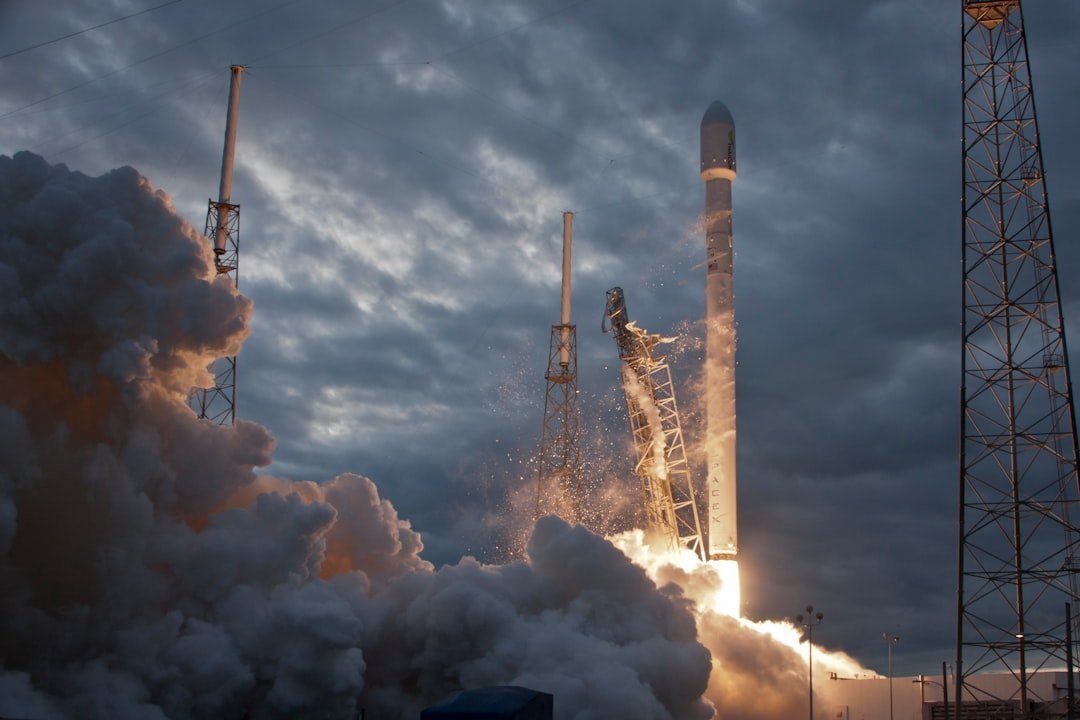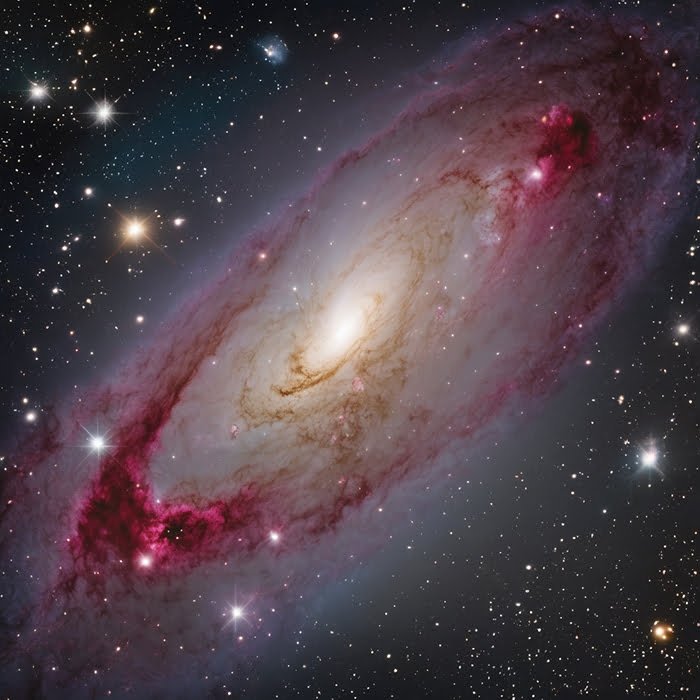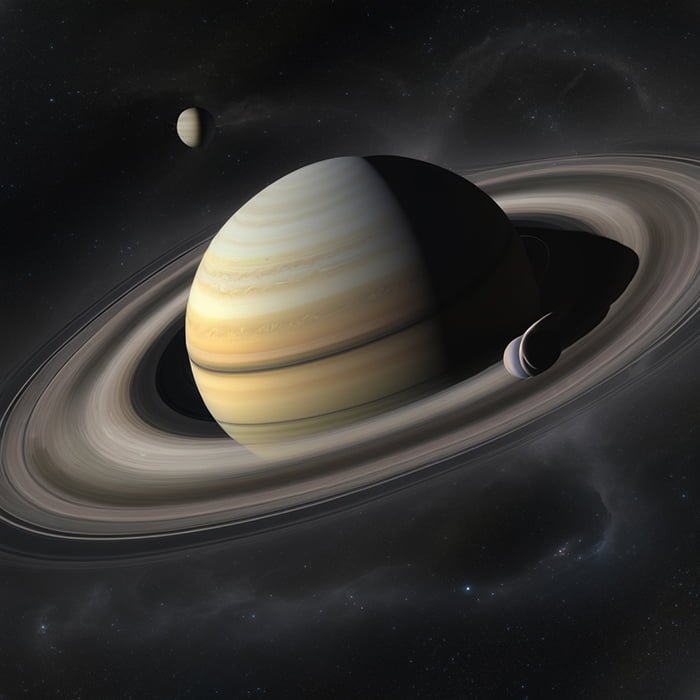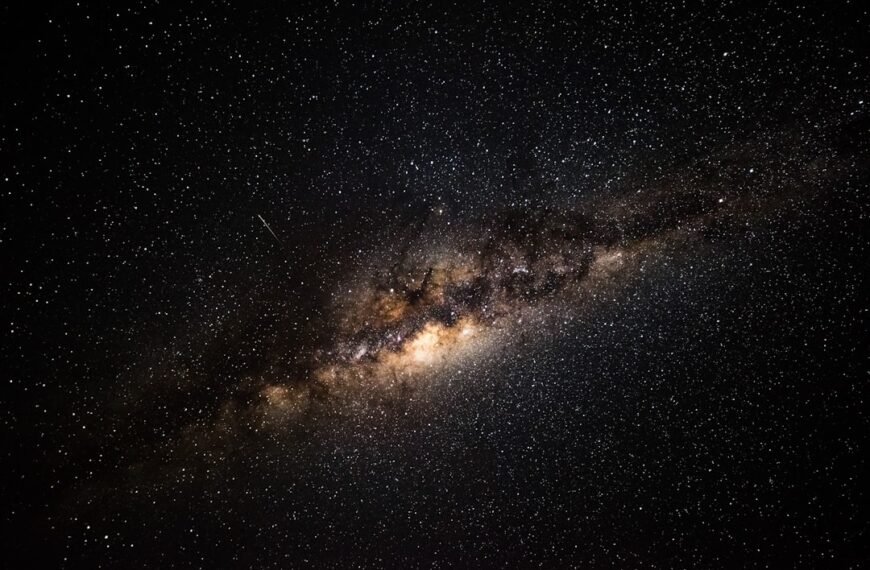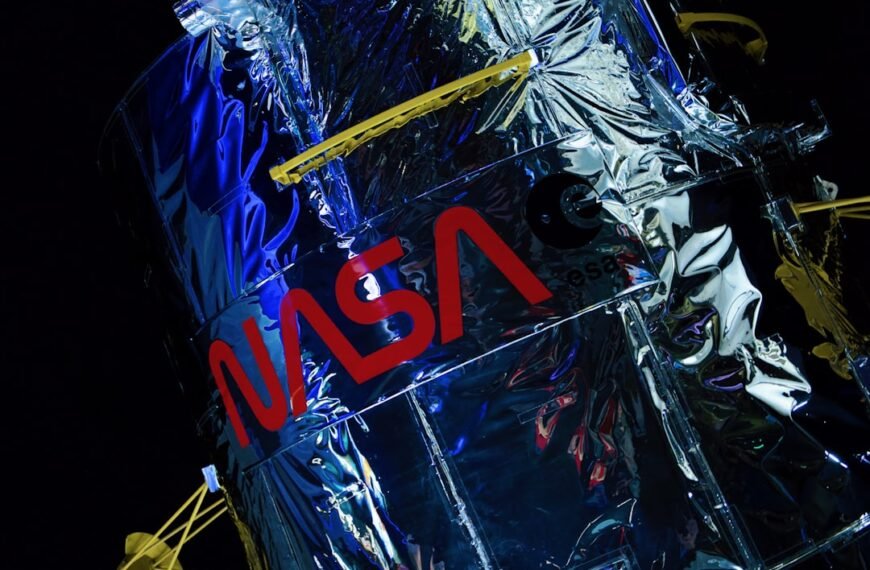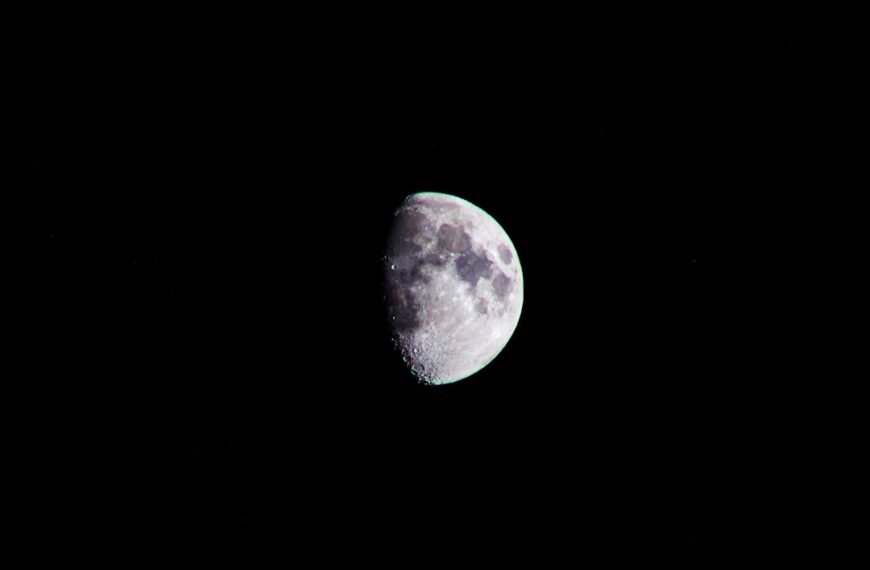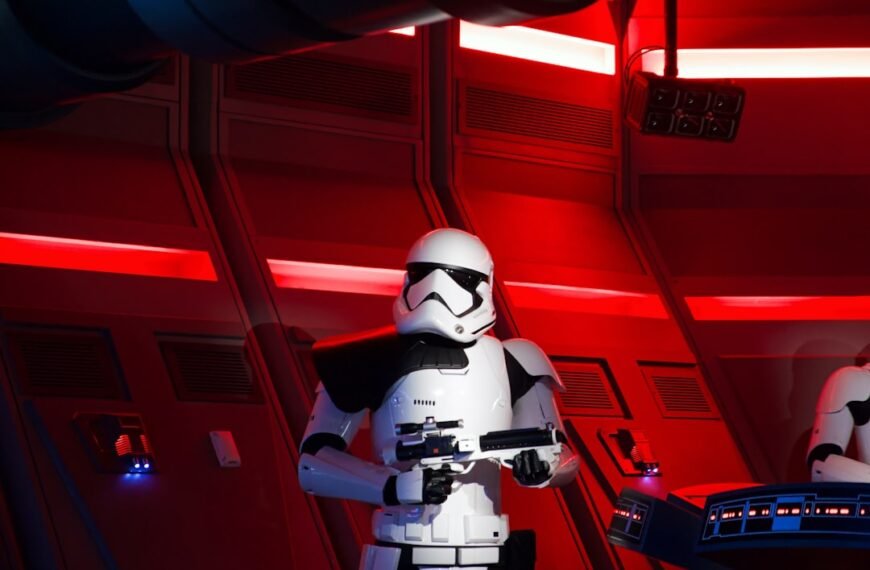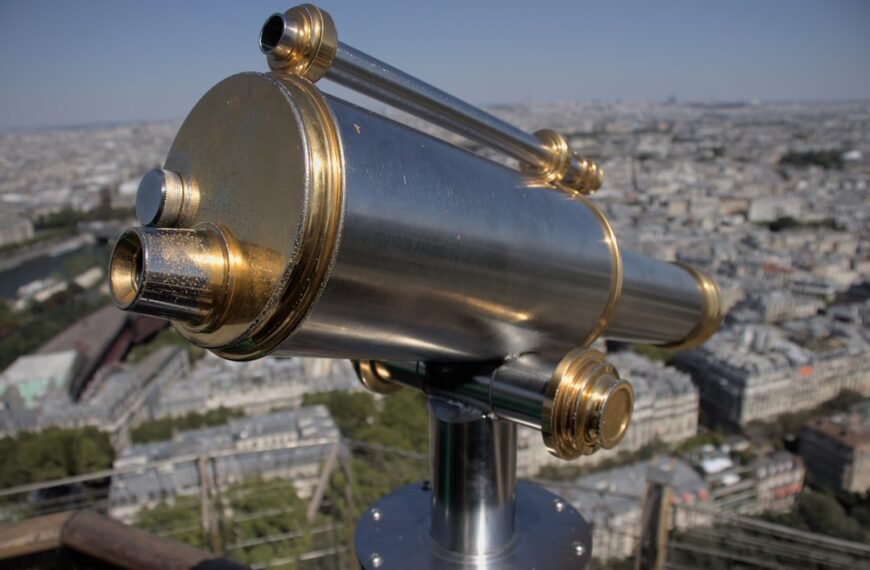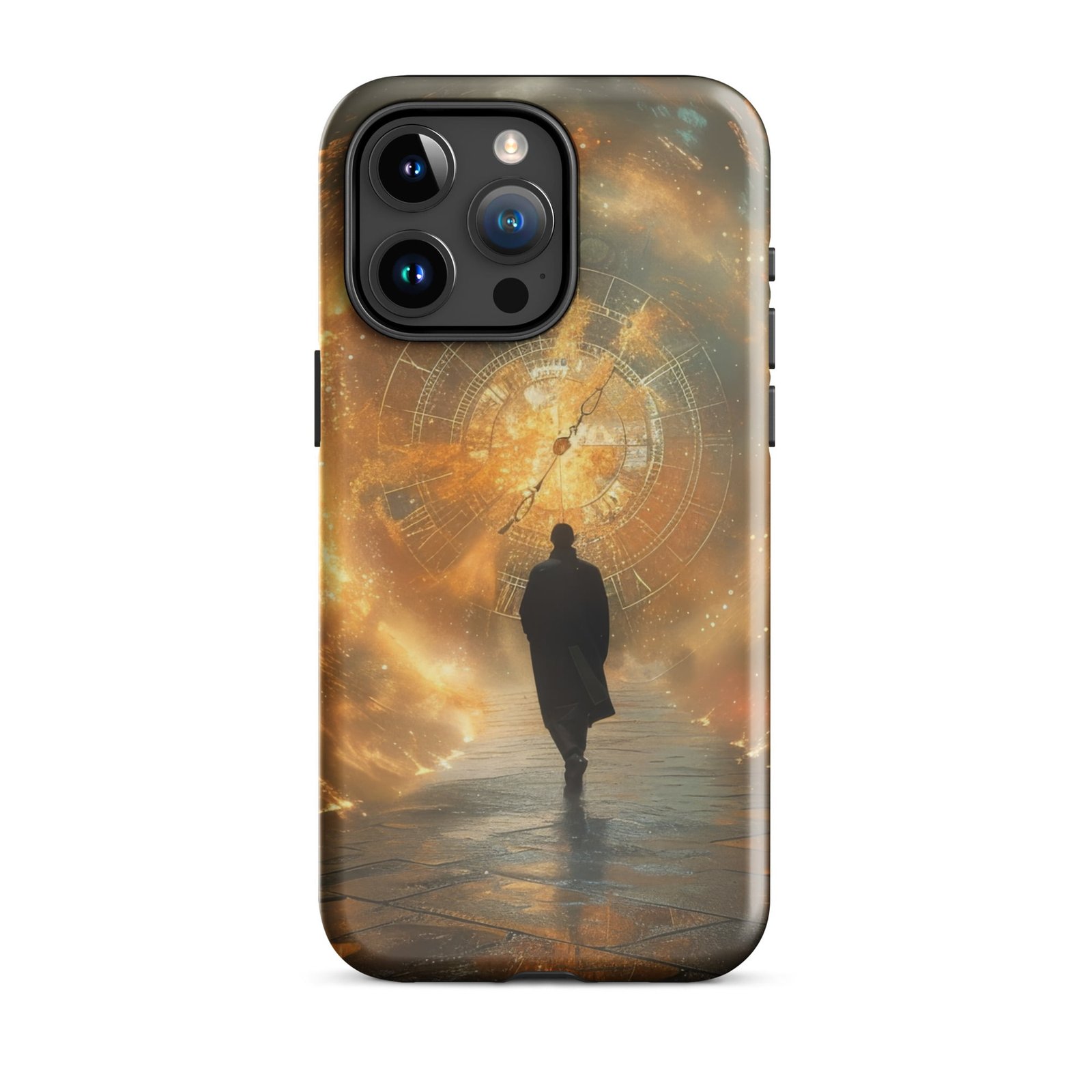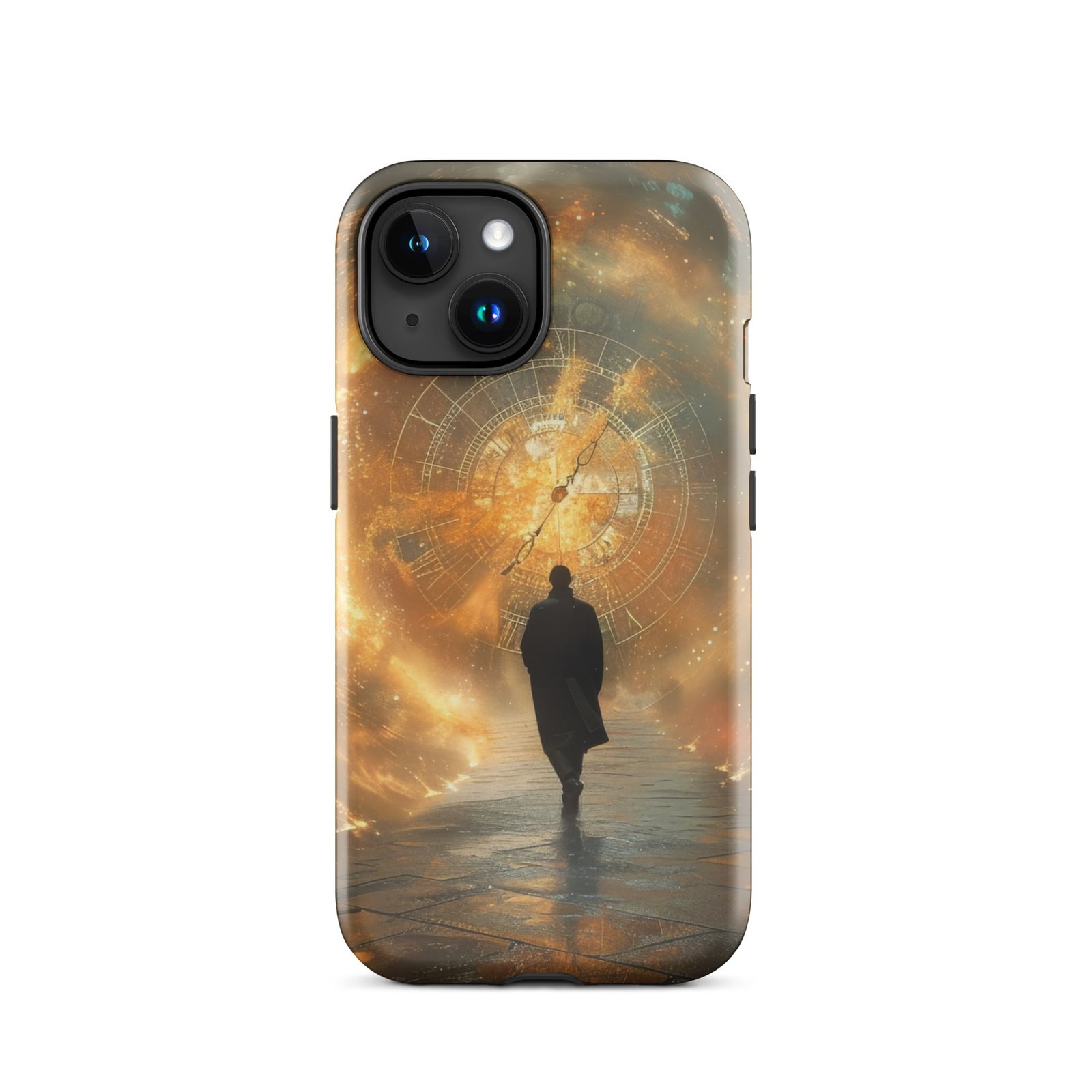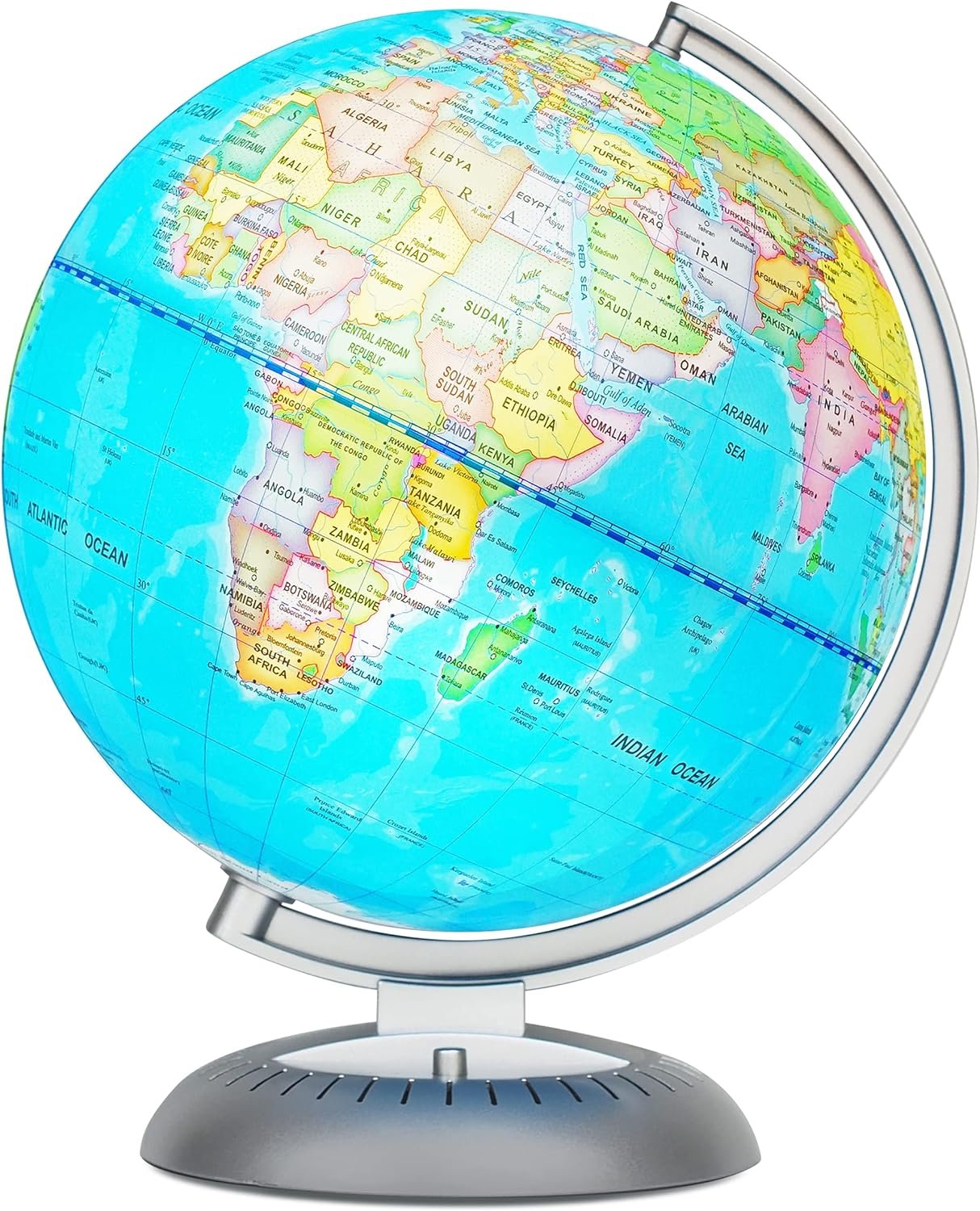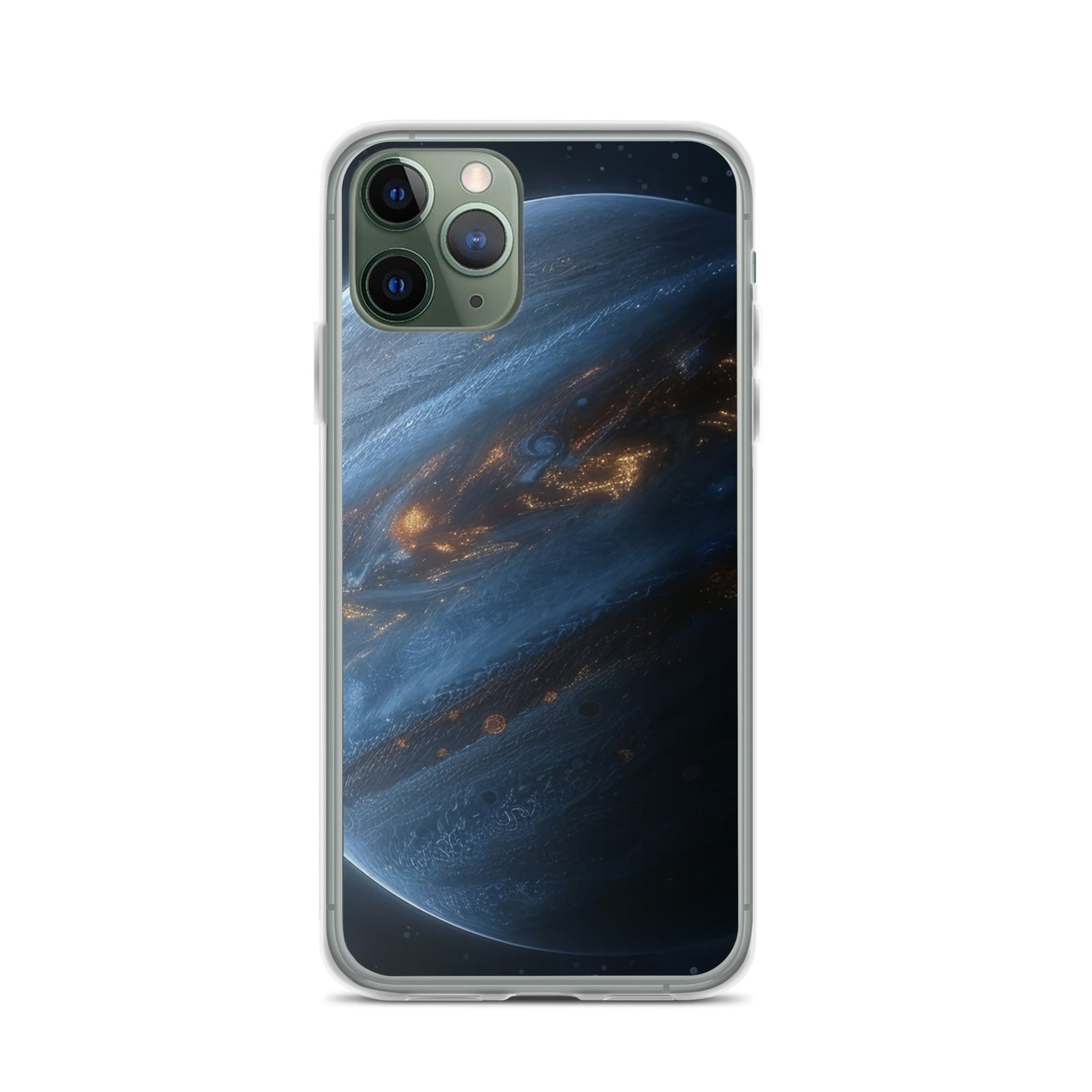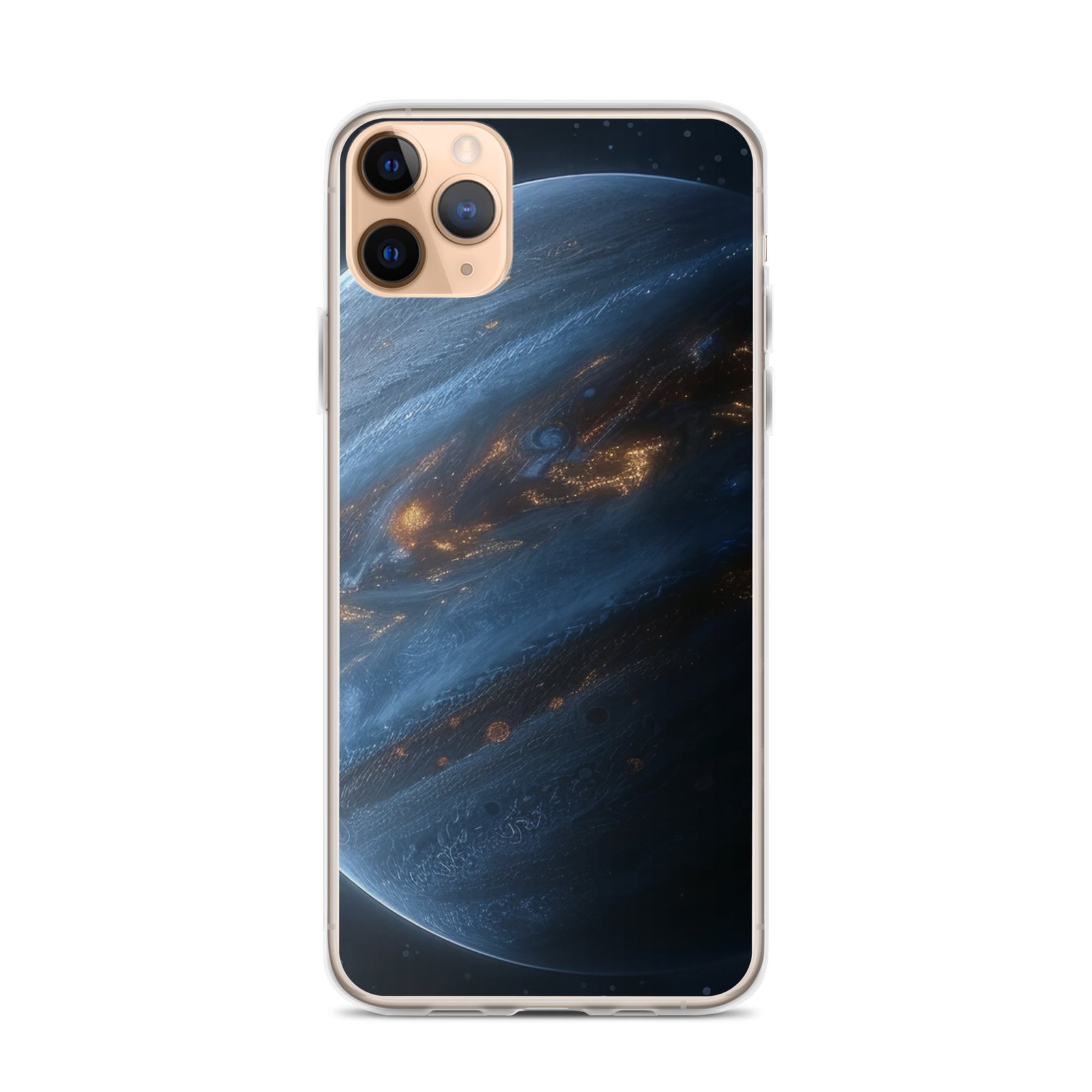Sleeping in space is a unique experience that comes with its own set of challenges and considerations. In the microgravity environment of space, astronauts must adapt to sleeping without the pull of gravity and the familiar comforts of a bed. In this blog post, we will explore the intricacies of sleeping in microgravity and the impact of space travel on sleep patterns.
Key Takeaways
- Sleeping in space is a unique experience due to microgravity and other challenges.
- Space travel can disrupt sleep patterns and affect astronaut performance.
- Adequate sleep is crucial for astronaut health and mission success.
- Sleeping arrangements on the International Space Station include sleeping bags and private crew cabins.
- Astronauts prepare for sleep with relaxation techniques and sleep aids, and technology plays a role in monitoring sleep quality.
The challenges of sleeping in microgravity
Microgravity can cause a range of physical and psychological challenges that can affect sleep quality. One of the main challenges is changes in blood flow and fluid distribution. In space, blood tends to pool in the upper body, leading to a “puffy face” appearance and potentially causing discomfort while sleeping. Additionally, without the pull of gravity, fluids can shift towards the head, leading to nasal congestion and difficulty breathing.
Another challenge is the lack of a natural sleep position. On Earth, we are accustomed to sleeping lying down, but in space, astronauts can sleep in any orientation they find comfortable. This can take some getting used to and may require astronauts to experiment with different sleeping positions to find what works best for them.
The effects of space travel on sleep patterns
Space travel can disrupt the body’s natural circadian rhythm, which is the internal clock that regulates sleep-wake cycles. The lack of natural light cues in space can throw off this rhythm, leading to sleep disturbances and insomnia. Astronauts may find it difficult to fall asleep or stay asleep during their time in space.
In addition to sleep disturbances, astronauts may also experience fatigue, irritability, and decreased cognitive function due to sleep deprivation. Lack of quality sleep can have a significant impact on an astronaut’s ability to perform tasks and make decisions while in space.
The importance of sleep for astronauts
Adequate sleep is crucial for astronauts to maintain their physical and mental health during space missions. Sleep plays a vital role in regulating the body’s immune system, repairing damaged tissues, and consolidating memories. Without enough sleep, astronauts may be more susceptible to illness and injury, and their cognitive function may be impaired.
NASA recognizes the importance of sleep for astronauts and has implemented measures to ensure they get enough rest. Astronauts are encouraged to prioritize sleep and are given dedicated time for sleep in their daily schedules.
The sleeping arrangements on the International Space Station
Astronauts on the International Space Station (ISS) sleep in small, private sleeping compartments. These compartments are equipped with sleeping bags, pillows, and other amenities to help astronauts get a good night’s sleep. The sleeping bags are specially designed to keep astronauts in place while they sleep, as there is no gravity to hold them down.
The sleeping compartments also have ventilation systems to ensure a constant supply of fresh air. This is important in the microgravity environment where air does not naturally circulate as it does on Earth.
How do astronauts prepare for sleep in space?
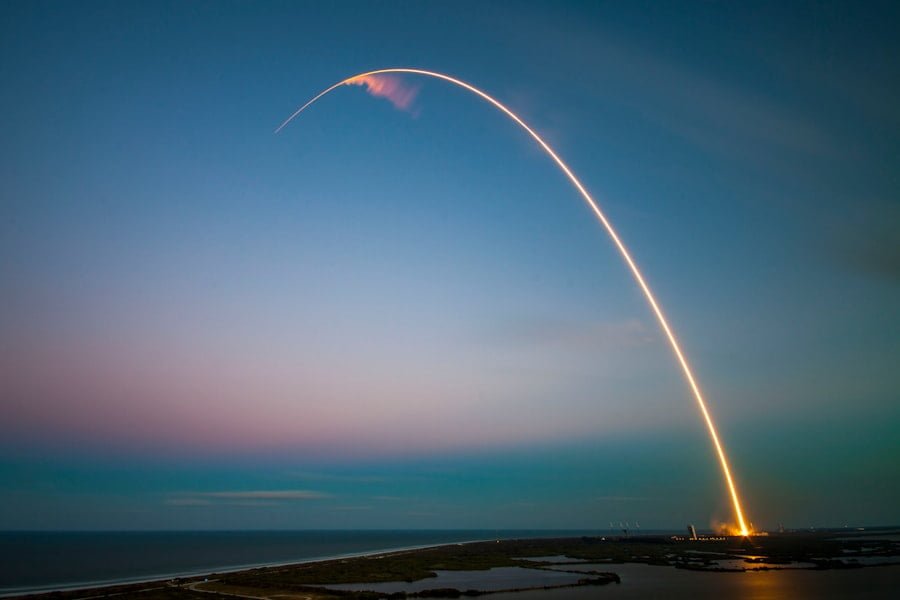
Astronauts follow a strict sleep schedule while in space to help regulate their sleep patterns. They are encouraged to establish a bedtime routine that includes relaxation exercises and dimming the lights before going to sleep. These techniques help signal to the body that it is time to wind down and prepare for sleep.
In addition to these techniques, astronauts may also use sleep aids to help regulate their sleep patterns. One commonly used sleep aid is melatonin, a hormone that helps regulate the sleep-wake cycle. Melatonin can help astronauts adjust to the different time zones they may experience during space travel.
The role of technology in space sleep
Technology plays a crucial role in helping astronauts get a good night’s sleep in space. NASA has developed specialized sleep monitoring devices that track an astronaut’s sleep patterns and provide valuable data on their quality of sleep. This information can be used to make adjustments to the sleep environment and schedule to optimize sleep quality.
NASA has also developed lighting systems that mimic natural light cues to help regulate sleep patterns. These lighting systems can simulate sunrise and sunset, helping astronauts maintain a regular sleep-wake cycle despite the lack of natural light in space.
The impact of noise and light on space sleep
Noise and light can have a significant impact on sleep quality in space. The ISS is a busy and noisy environment, with various equipment running and crew members going about their tasks. To block out noise, astronauts may use earplugs or noise-canceling headphones to create a quieter sleeping environment.
Similarly, the ISS is well-lit at all times, which can make it difficult for astronauts to fall asleep. To combat this, astronauts may use eye masks or curtains to block out light and create a darker sleeping environment.
The future of sleeping in space
As space travel becomes more common, researchers are exploring new ways to improve sleep quality in space. This includes developing new sleep aids and technologies to help astronauts get a good night’s sleep. For example, NASA is researching the use of blue light therapy to help regulate sleep-wake cycles and improve alertness during space missions.
Additionally, advancements in spacecraft design may also contribute to better sleep in space. Future spacecraft may be designed with dedicated sleeping areas that provide more comfort and privacy for astronauts.
Can humans really sleep in space?
While sleeping in space comes with its own set of challenges, astronauts have developed various techniques and technologies to help them get a good night’s sleep. With continued research and innovation, the future of sleeping in space looks promising. As we continue to explore the vastness of space, ensuring that astronauts get enough rest will be crucial for their well-being and the success of their missions.
If you’re curious about the mysteries of space and the wonders it holds, you might be interested in reading this fascinating article on the new NASA mission that aims to study the ultraviolet sky, stars, and stellar explosions. While it may not directly answer the question of whether humans can sleep in space, it delves into the exciting advancements in space exploration and our understanding of the universe. Exploring topics like this can help us grasp the vastness of space and the incredible discoveries that await us.

